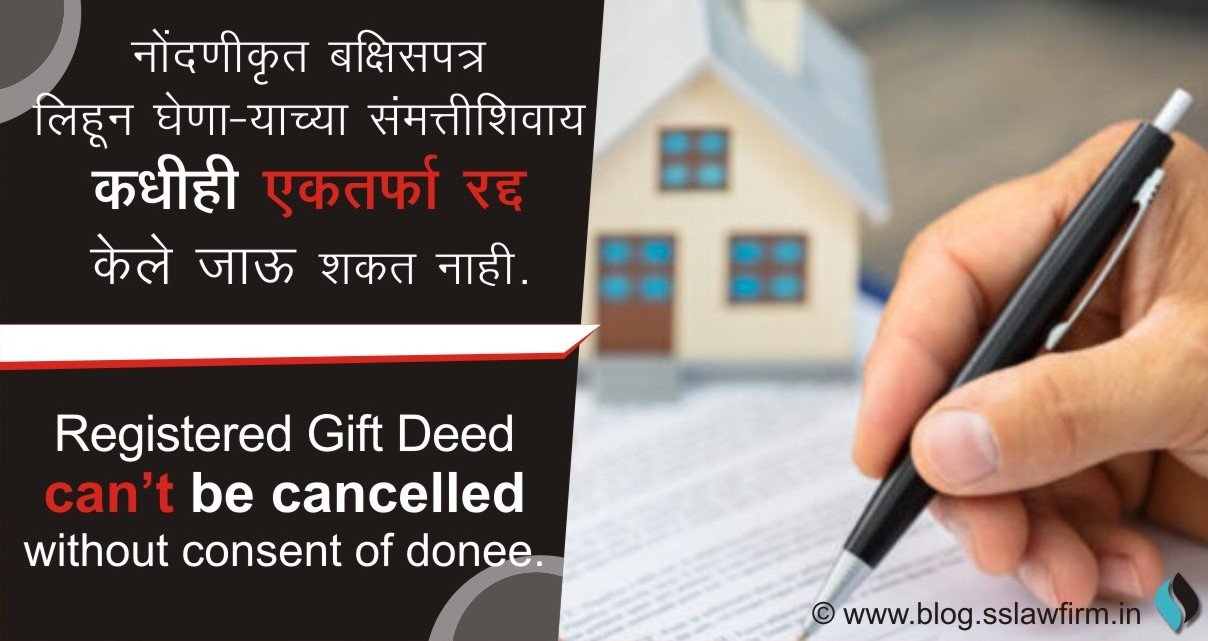‘All Schools Should Have At Least 90 Minutes Daily Time For Games’ – SC emphasized Sports as fundamental rights.
The present petition filed through Advocate Vashdeep Dalmia to sought directions to the Union of India to form High-Level Committee. The same will be liable to make suggestions on amending Article 21A to include Sports as a Fundamental Right.
Also includes a Directive Principles of State Policy (DPSP). Which provides that, “State shall strive for promotion of Sports Education, Sports values and Sports culture as part of education”.
In short, the above petition was filed in SC for declaring sports as a fundamental right. Also seeks judicial directions to Governments to amend education policies. Thus promoting sports and making facilities and equipment available to enhance the opportunities to play sports.


Through an order dated 22nd April 2019, the Supreme Court appointed Senior Advocate Gopal Sankaranarayanan as the Amicus Curiae. And ordered to assist in the hearing of the present petition and accordingly directed them to present the relevant report.
The Report Submitted Says,
The report has been submitted in relation to a petition filed before the Apex Court. In this report includes a number of prayers that range from making sports a fundamental right. Also, it include transferring sports to the concurrent list. And thereby forming an independent Ministry of Education, Sports, and Youth Empowerment at union and state levels.
The report further suggests that all schools should have at least 90 minutes daily time for playing games.
It also suggested that the broad term “physical literacy” be adopted instead of sports. And the same be recognized as a fundamental right protected by Article 21 of the Constitution.
Also according to the report, the Government of India should establish the National Physical Literacy Mission (NLPM). Which give effect the right by establishing and implementing a responsibilities matrix.
It includes curriculum design, compliance monitoring, and review, grievance redressal, and self-correction mechanisms for the players.
In order to better understand this position, it was proposed that information be solicited from the various States and Union Territories by circulating specified format Questionnaires.
Earlier, the Court directed the States to furnish responses within 3 weeks.
In December 2021, States and Union Territories responded to the Questionnaire, which results, in the Court directing that the case shall be listed for hearing as a consequence.
For a much deeper examination of the issue, a detailed correspondence was commenced with various stakeholders through the months of December 2021 and January 2022. The various feedback that was received has been shared and has culminated in the present Report.
Details of Report :
The report is titled as “From Stasis to Movement – Actualising a Fundamental Right to Physical Literacy in India”. It was drafted by the Sports Law & Policy Centre for the Sports and Society Accelerator in response to a written request from Amicus.
It includes the important feedback received from three of India’s sporting legends. Including former India and NCAA tennis champion Somdev Kishore Devvarman.Former Indian Hockey Captain Viren Rasquinha. And Indian badminton legend and current Chief National Coach of the Indian team Mr. Pullela Gopichand.
The Amicus has submitted that after a detailed correspondence. It has been observed that to adopt the phrase “Physical Literacy” rather than using the phrase “Sport” which is narrow, . One that is firmly established as a right in the leading sporting nations of the world.
According to the Amicus, there were several exchanges of drafts and discussions, and although completed in a short time frame, it attempts to deep into how Physical Literacy is to be imagined and implemented in India.
What would it mean to have the fundamental right to physical literacy? :
The report states that having a fundamental right to literacy would mean identifying the intrinsic value of physical activity to human living.
It would mean not seeing physical activity as a means to an end and establishing physical activity/ physical education as a core component of the education curriculum.
Further, it would mean life-long opportunities to access physical activity universally, and every one no matter their age, ability, gender, class, or other needs or interests, demands the right to be physically active and physically literate.
The report further defines specifically that, “a fundamental right to physical literacy should be closely aligned to the right to education, prescribed for children under the age of 18, or of a school-going age.”
While this is the correct approach for defining the contours of a fundamental right to physical literacy, unlike school education, access to physical literacy learning tools must also be available (even if not mandated as a fundamental right) to every individual of all ages.
The Report has set out long-term recommendations to help ensure population-scale rollout and remedies for actualizing the fundamental right to physical literacy.
The Amicus has sought the following directions from the Supreme Court in this regard:
School Education Boards:
- All School Boards including CBSE, ICSE, State Boards, IB, and IGCSE be directed to ensure that from the academic year commencing 2022-2023, at least 90 minutes of every school day will be dedicated to free play and games.
- All State Governments to ensure that with effect from the academic year commencing 2022-2023, all non-residential colleges and schools shall compulsorily allow access during non-working hours to neighborhood children to use their playgrounds and sports facilities for free, subject to basic norms of identification, security, and care.
For Digital Initiatives to the MeitY (Ministry of Electronics and Information Technology, Govt. of India) supported by NITI Aayog –
- to create a dashboard with real-time data on the mapping of available playgrounds and open spaces and their utilization rates,
- to create a dashboard of the availability and qualifications of PE teachers, curricula, timetables, and equipment in educational institutions across the country.
- The dashboard may be integrated with an online dispute resolution mechanism for grievance redressal and complaints for enforcing the right to physical literacy that could be supported by the Ministry of Consumer Affairs.
The Ministry of Education :
- To create e-learning courses for the training of
- (a) PE teachers on physical literacy training and curricula and the latest trends in facilitating inclusive activity and movement and
- (b) all teachers in the principles of physical literacy in education and to make completion of the course part of teacher accreditation and training processes.
The Empowered Committee:
The Amicus has submitted that the Court may direct the Ministry of Education, through the Department of School Education and Literacy, to form an empowered committee or working group (Committee) consisting of senior officers from key line ministries and independent experts from the fields of education, health, disability, sports, and movement.
- The Committee could be headed by a Court-appointed Convenor, who will provide regular reports to the Court.
- The Committee will be required to devise a strategic blueprint for actualizing the fundamental right, which must be completed within 90 days from the date of directions.
- The Committee, along with other line ministries, school boards, and NITI Aayog will devise a core curriculum for physical literacy education and skills at school and college levels, which must be completed within 180 days from the date of directions.
Educational institutions:
Within 180 days, all registered and unregistered private and public education institutions that host students for more than 10 hours per week, must –
- have, publish, and disseminate to all parents/guardians a Physical Literacy Policy
- create an internal committee to address specific cases where there is a failure in responsibilities to deliver the right to physical literacy of all students, cases of discrimination, or deficiency.
The Policy will further acknowledge the institution’s commitment to providing access to playgrounds, facilities, equipment, and training by qualified staff as mandated in the National Physical Literacy Mission.
The National Physical Literacy Mission is for (a) to each of its students as part of the curriculum and (b) on a free/pay-and-use basis to members of the public on school/college holidays and off-peak hours.
It is recommended that a ‘no-child-left-behind’ policy should be followed in following manner by every institution with commitment to implement physical literacy
- to inclusive of students with physical and mental disabilities, girls, and students from marginalized economic and social groups and
- to integrate each student into the activities that all students participate in and not classify, separate, and alienate them based on perceived merit, skills, or abilities.
Further, the petition sought the following reliefs:
- Direction to Centre and state to make amendments in their academic and sports education policies to promote sports at all levels of education.
- Free distribution of Sports kits by State and Union Governments. Proper sports facility & playground at the village and school level. Enhance Capacity building of organizations and individuals’ involvement in sports and development.
- Sports to be included & propagated in the curriculum of Schools from Nursery to Secondary level having in Sanskrit Schools and Madrassas.
- Teach sports as a full-time subject in schools and marks be added to the child’s educational performance report.
- Compulsory Provision for Sports in School Budget and one Nodal School be appointed in each District to provide facilities, train students, and organize events/workshops.
- Development of a ‘Fund Bank for Education and Sports Facilities’. Form an independent “Ministry of Education, Sports and Youth Empowerment” at Union and State levels.
- Sports are to be transferred to the ‘Concurrent List’ for cooperative work between the Centre and State.
Ref. Case Title: KANISHKA PANDEY V. UNION OF INDIA W.P.(C) NO.423/2018
Thus It is been remarkably sealed by Hon’ble Court that there should be a physical literacy which been implemented by Sports as a fundamental right to everyone. It would put precedence and appreciate talent in sports and definitely results India have great leap in the field of sports.













